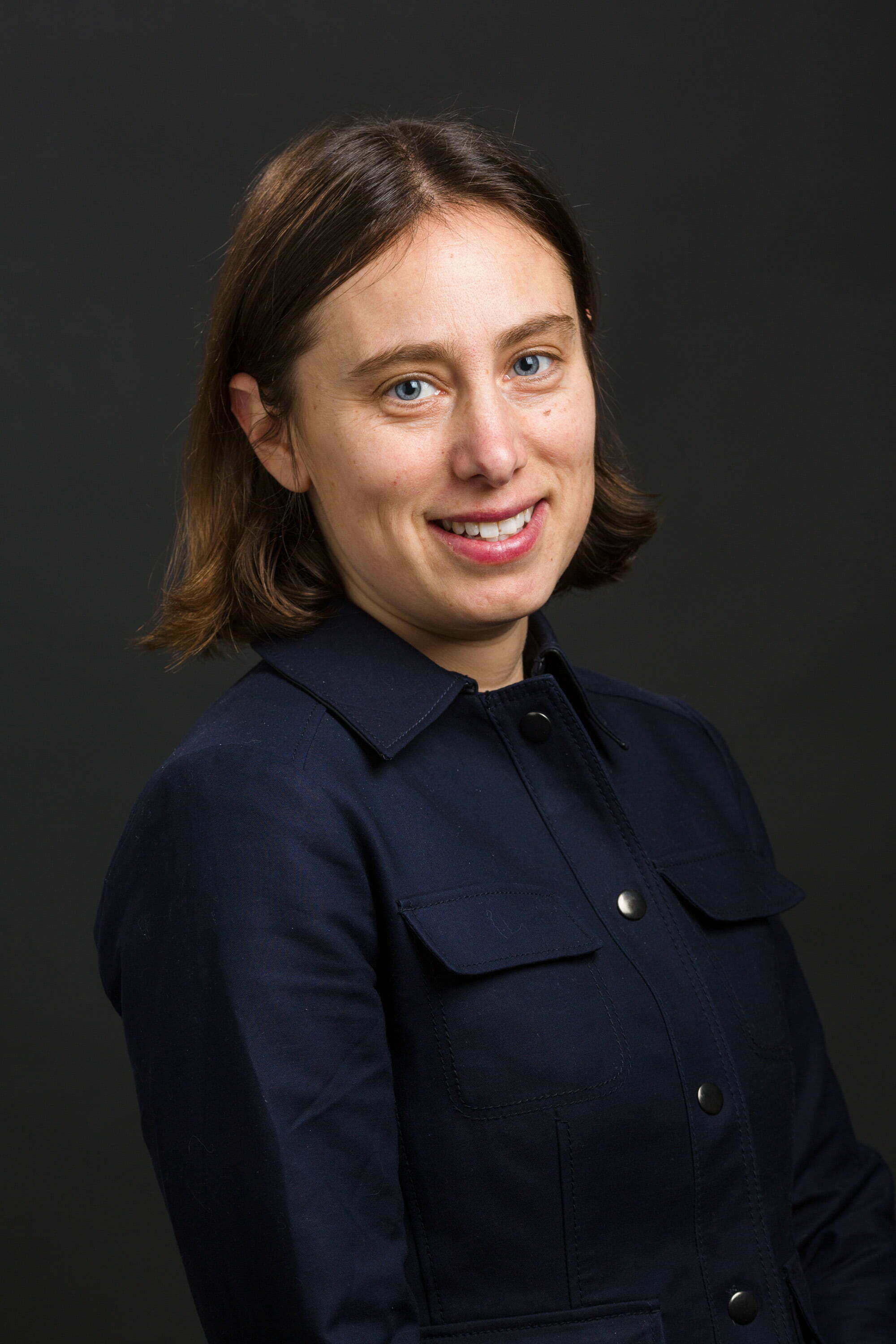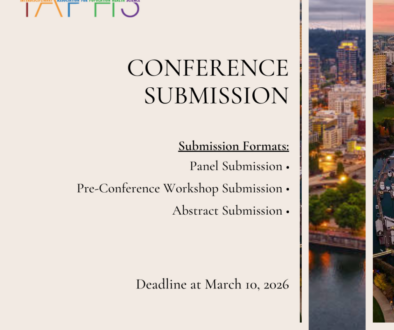Local, National, and Global Impacts on Population Health: Our 2019 Seattle Conference Preview
JoAnne Dyer, Danya KeeneClimate change, increasing inequality, ethics and social values, policy reforms, and marginalized communities are key topics at our 2019 conference October 1-4, 2019, at the Sheraton Downtown Seattle. This year’s conference offers the most sessions we’ve ever offered and features a diverse range of disciplines and presenters.
The first day of the conference, October 1, 2019, is our first preconference workshop focusing on the challenges that can arise with interdisciplinary collaboration, and the skills and resources needed to successfully perform cross-disciplinary work. A special thanks to the Academic Population Health Leaders Working Group, led by Dr. Marc Gourvitch (NYU Langone Health) and Dr. William Tierney (Dell Medical School, UT Austin), for planning this limited-attendance workshop geared toward early career scientists and students.
Climate change, increasing inequality, ethics and social values, policy reforms, and marginalized communities are key topics…
The conference officially opens on October 2 with a plenary panel: “Ethics, Social Values, and Population Health,” with Dan Wikler, Ukiko Asada, and Bruce Link. The plenary on October 3 focuses on national policy reforms and marginalized communities with panelists Cecelia Menjivar, Hannah Cooper, and Emily Wang. The final plenary with Susan Martin, Elizabeth Frankenberg, and Beth Fussell on October 4 will discuss climate change, disasters, and displacement.
“Climate change is a crucial factor affecting population health globally. Fortunately, health researchers are making new inroads into understanding its impacts. I’m excited to learn more at the plenary on this topic,” says Elizabeth Heger Boyle, one of the conference program co-chairs.
The conference has expanded to offer 17 abstract sessions and 24 panel discussions. Many of these sessions address health inequities associated with a broad range of factors including race, place, income, sexual orientation, and policy context. Many of these sessions combine the work of scholars from multiple disciplines.
A panel on research and collaboration in Seattle and King County will focus on housing and health: the Yesler Terrace housing redevelopment and health outcomes, a collaborative asthma health education and home improvement program for residents in lower incomes, and a culturally appropriate lead and toxics program.
Watch our social media for live tweets and Facebook updates from our correspondents on-site in Seattle: Twitter—@ia4phs and Facebook.com/InterdiscAssocPopHlthSci. And follow the hashtag #pophealth2019.
The conference is generously sponsored by The Milbank Quarterly, the Robert Wood Johnson Foundation, the Center for Studies in Demography & Ecology at the University of Washington, Boston University School of Public Health, the University of Wisconsin Population Health Institute at the School of Medicine and Public Health, NYU Langone Health, the Robert Wood Johnson Health Policy Research Scholars, and the Drexel University Dornsife School of Public Health. The preconference workshop is supported by grants from the National Institute on Minority Health and Health Disparities (1R13MD013722-01) and the Robert Wood Johnson Foundation (76265). We thank you for your support and leadership.







All comments will be reviewed and posted if substantive and of general interest to IAPHS readers.